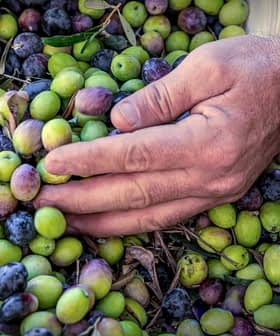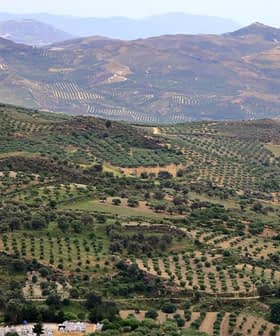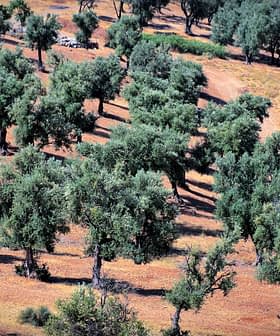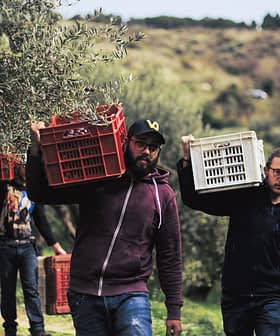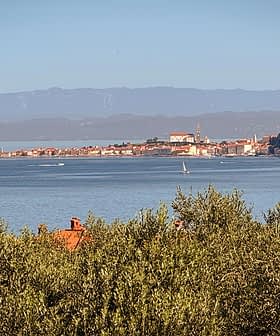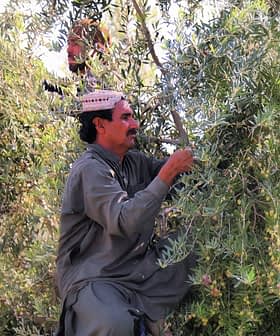Pakistan's Olive Oil Industry Gains Momentum
Pakistan is projected to produce 160 – 180 metric tons of olive oil in the 2024/25 crop year, an increase from the previous season, with the success attributed to the hard work of local producers and government aid. The country aims to install drip irrigation systems in water-stressed areas to enable olive farming on marginal land and increase farmer income. Additionally, the incorporation of technology is seen as a key factor in growing the sector, with companies like Khaity Technologies providing online marketplaces and mobile applications to improve efficiency and knowledge sharing among farmers.
Pakistan is expected to produce between 160 and 180 metric tons of olive oil in the 2024/25 crop year, a 20 percent increase compared to the previous season, according to Muhammad Tariq, the national director for PakOlive.
Along with the quantity, Tariq is also satisfied with the quality of what has been produced, attributing the success to the hard work put in by the local producers and government aid, including a 70 percent subsidy on production costs.
According to Tariq, there are about 5.6 million olive trees in Pakistan, and 500,000 and 800,000 new trees are planted yearly.
See Also:2024 Harvest Updates“Apart from the efforts on olive plantations spread over possible areas of the nation, a target has been set to install drip irrigation systems over 10,000 acres (4,050 hectares) of water-stressed areas,” he said. “This project aims to enable olive farming on marginal land and increase the income of nearby farmers.”
Tariq discussed the latest harvest results at the 2024 Olive Gala Festival in Islamabad, Pakistan’s capital.
The annual event focused on extra virgin olive oil, sustainability and developing international cooperation.
It brought together local producers, distributors, investors, government officials and other stakeholders in the country’s fledgling olive oil sector.
“The government is working to support Pakistan’s olive sector,” Rana Tanveer Hussain, the minister of national food security and research, said during introductory remarks at the gala.
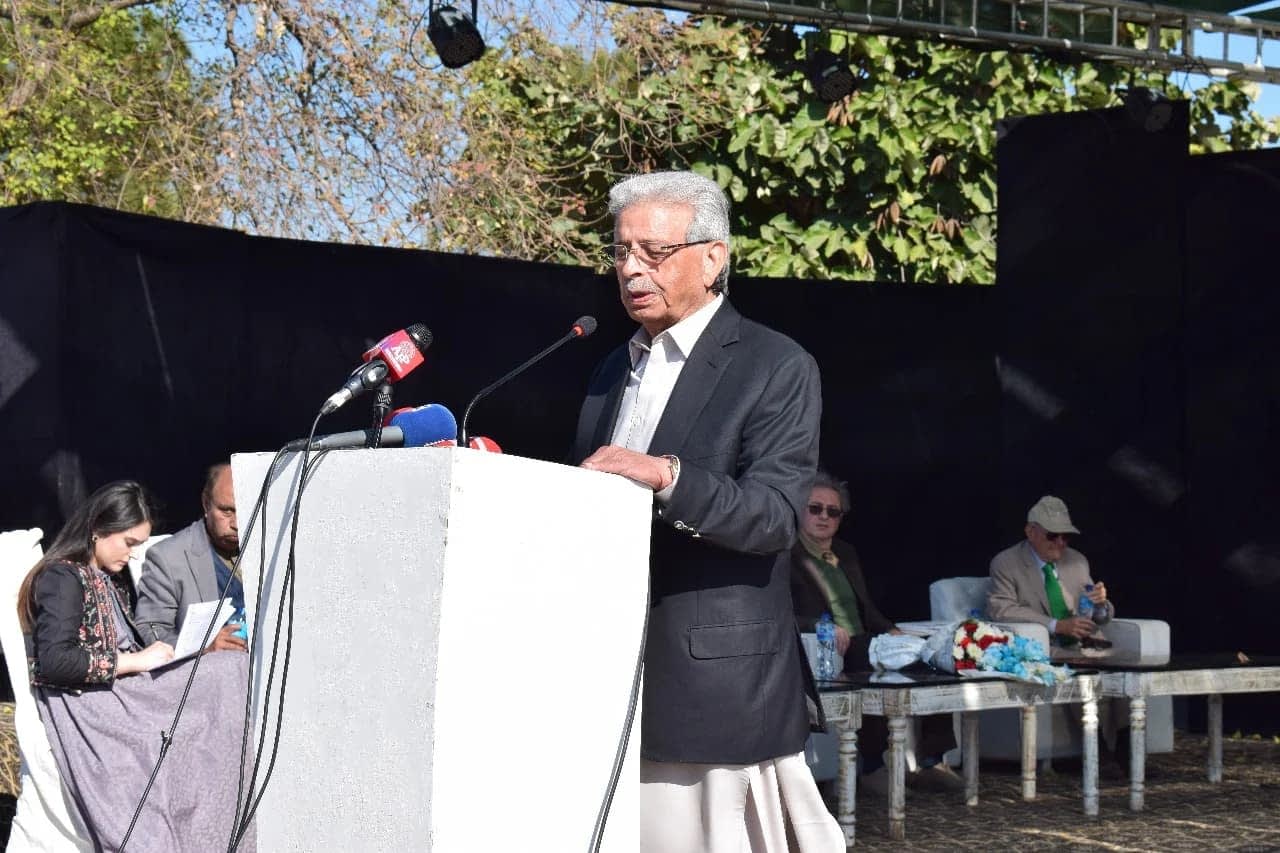
Rana Tanveer Hussain said the Pakistani government is dedicated to promoting the country’s olive oil sector. (Photo: Olive Gala Festival)
“Pakistan is fortunate to have millions of wild olive trees and possible areas available for more olive plantations, demonstrating that the efforts of our agricultural specialists have now produced positive results,” he added.
Tariq was pleased with the number of people attending the industry event, which he believes is necessary to develop the sector.
“Events like these are a great opportunity for all stakeholders,” he said. “This event has given a platform to businesses and consumers and opened doors for many business-to-business collaborations.”
“The growing olive industry is giving more empowerment to the local producers by helping them with opportunities and larger scale production subsidies provided by the government,” Tariq added. “This further promises the economic empowerment that we aim to achieve through the growth of the olive industry in Pakistan.”
One way Pakistani authorities hope to grow the sector is through the incorporation of technology from the very beginning.
Aiza Imran, Khaity Technologies’ senior brand executive and sustainability specialist, said the company’s online marketplace and mobile application were helping improve efficiency and knowledge sharing for farmers nationwide.
“Khaity App has been a key player in bringing technological advancement in the agricultural industry, especially the olive sector, with over 20,000 registered users,” she said. “The app has created a digital marketplace where we collaborate with different vendors to provide agricultural products such as fertilizer, tools, etc., which farmers can buy anywhere in Pakistan. Our unique proposition is that we provide these products to the farmers within 24 hours of placing the order.”
“We launched an AI chatbot for farmers on the app as well. Farmers can ask questions and queries from this app,” she added. “This chatbot can answer the questions in all major languages spoken in different regions of Pakistan.”
While Urdu and English are the country’s two official languages, nine other languages have more than one million native speakers and another 60 have fewer than one million speakers.
Khaity Technologies has also collaborated with provincial governments on different projects.
“We collaborated with the Punjab provincial government on the olive valley project in which we planted 1.3 million olive plants in the Potohar region of Punjab,” Imran said. “These plants were provided at a subsidized rate to help the farmers. We also provided ease through subsidies on water sources such as drip irrigation technology.”
Along with technology companies, producers and farmers attended the event, mingling with colleagues and advertising their products.
Muhammad Azeem Tariq, the project manager of the recently launched Loralai Olives, shared his ambitions to begin exporting Pakistani extra virgin olive oil.
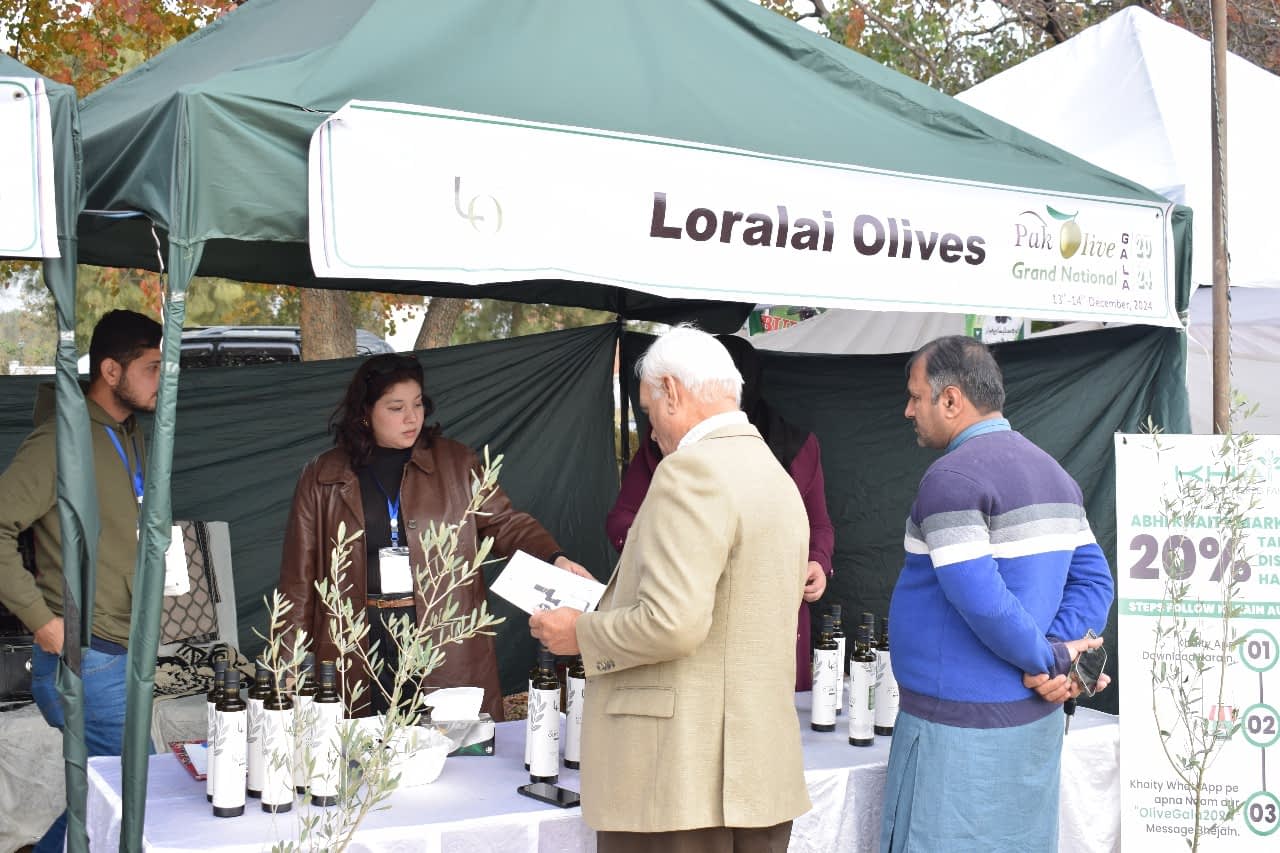
Loralai Olives is working to export its Pakistani extra virgin olive oil. (Photo: Olive Gala Festival)
“We aim to make international quality extra virgin olive oil and take the Pakistani product to international markets,” he said. “We are working on international certifications such as European Union certifications and Asian certifications to be able to export the products internationally.”
Along with focusing on high-quality monovarietals, Azeem Tariq sees the necessity of appealing packaging; Loralai Olives recently won a branding and marketing award.
He also praised the role of national olive sector events to bring the sector together to share knowledge and experience and keep the momentum going.
“This year has been remarkable for the olive industry,” Azeem Tariq said. “We have seen an increase, not only in the fruiting but farmers’ passion towards olive production.”
“Through events like these, we want to raise awareness among the producers regarding the quality of the harvest, such as how to prevent any damage while picking olives from the trees, he added. “Moreover, we also educate the farmers regarding fruit storage according to international standards. Furthermore, we have educated the farmers to send the fruit from harvest to extraction within 24 hours to increase the quality by following these parameters.”
Other olive farmers present at the gala also shared their recent experiences and touted the event as a way to make deals with suppliers and customers.
“These events allow us to showcase our products to a larger audience, connect with potential buyers, and learn from industry leaders,” said Sabir Sultan, a pioneering producer in Hazara province. “It’s a significant step toward expanding our reach and building a sustainable future for the local olive industry.”
Arshad Qadri, another producer who runs Boston Farm, emphasized the need to diversify and sell various olive products.
“We are a farm based in Kalar Kahar,” he said. “We have 12,000 olive trees and ten different varieties of fruit from which we have created 17 different products, including extra virgin olive oil, tea, etc.”
“We are pleased with the growth of the olive industry. The conducive environment of our region has contributed to the success of the harvest,” Qadari added. “Just last year, we produced 55 tons of product… Events like these are a great medium for collaborating with other platforms and reaching out directly to the consumer.”
Producers also expressed the challenges associated with the production process due to the limited number of mills in the country.
However, Tariq said the government is working to meet these challenges and continue promoting olives as a viable option for economic development.
“Balochistan province has shown exponential growth,” he said. “Despite the water crisis, the region has experienced a growth in olive plantation.”



